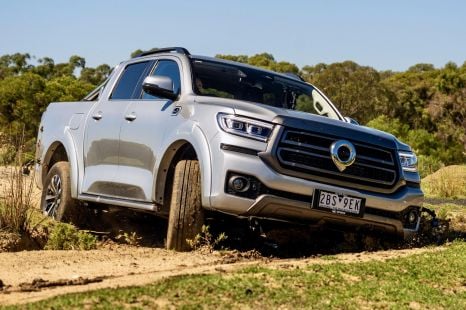

Max Davies
2026 GWM Cannon Ultra review
6 Days Ago

Contributor
Toyota says it will spend $18 billion (AUD) on battery development for its electric vehicles by 2030.
The planned 1.5 trillion Yen splurge on battery R&D comes with the goal of halving the cost per vehicle application by decade’s end.
This cost is in comparison to the bZ4X battery electric SUV set for global rollout in mid-2022.
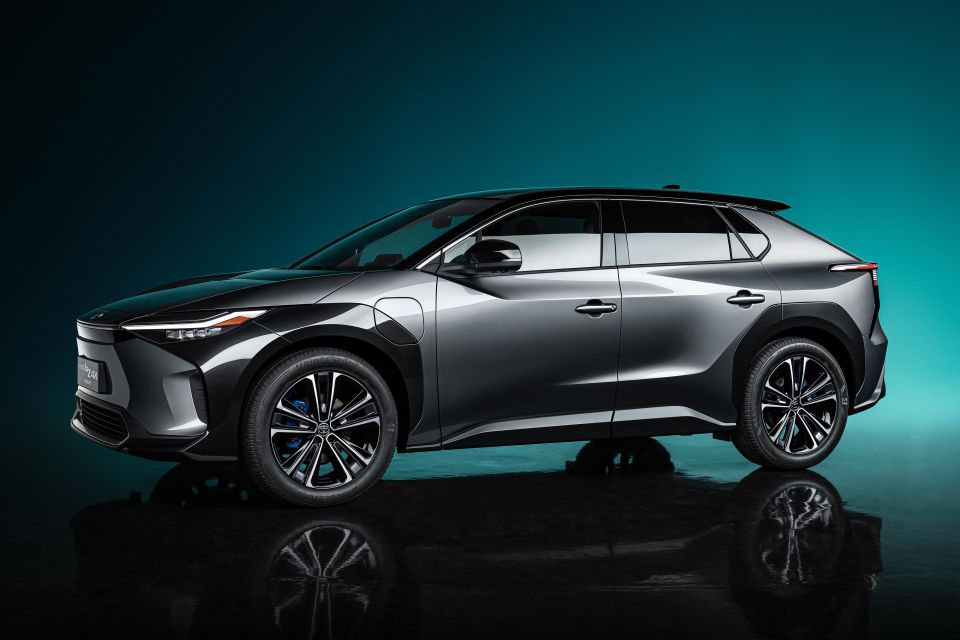
There is also solid-state battery technology well in the development pipeline, the company claims.
On the cutting edge of battery technology, solid-state batteries claim to provide higher outputs, longer ranges and shorter charging times than existing battery technologies.
A key reason for the higher outputs is the faster moving ions within the battery. Toyota confirmed that testing of this technology is already underway with a prototype commencing in June 2020.
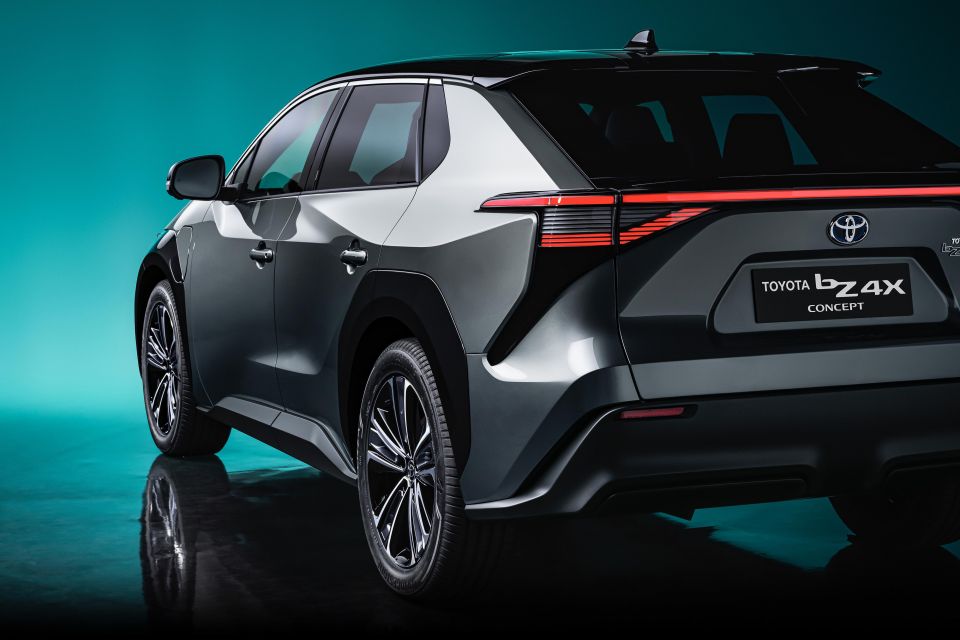
This testing has reportedly been limited to a test course at this stage.
Toyota has also claimed to continue the evolution of its nickel-metal hydride and lithium-ion batteries in hybrid electric vehicles (HEVs).
Its ‘bipolar’ nickel-metal hydride battery was announced in 2020 and is reportedly set to make its way into more Toyota vehicles.
As for its lithium-ion batteries, Toyota claims it’s developing a new type to be introduced in the second half of this decade.
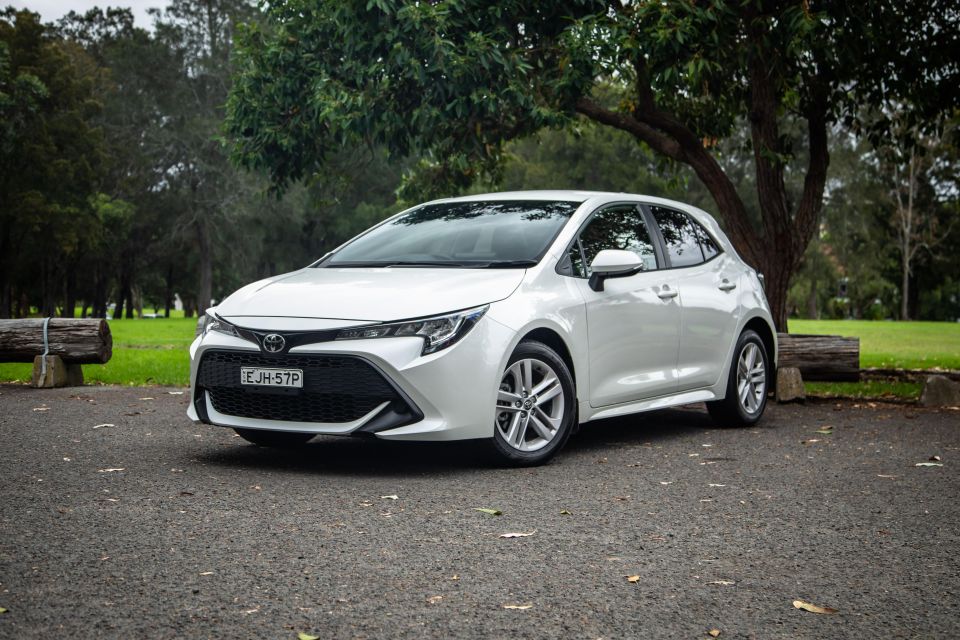
Another target that Toyota has set for itself is for the bZ4X to retain 90 per cent of its battery performance after a decade.
By 2030, Toyota said it wants to secure 200 gigawatt-hours of battery supply, previously a target set at 180 gigawatt-hours.
“By establishing a system for both development and supply, we will promote the dissemination of electrified vehicles,” Toyota Chief Technology Officer Masahiko Maeda said.
Toyota has been slower to reveal large-scale EV plans than many competitors. Last month the New York Times even published a piece outlining Toyota’s alleged opposition to an aggressive transition to all-electric cars in the US
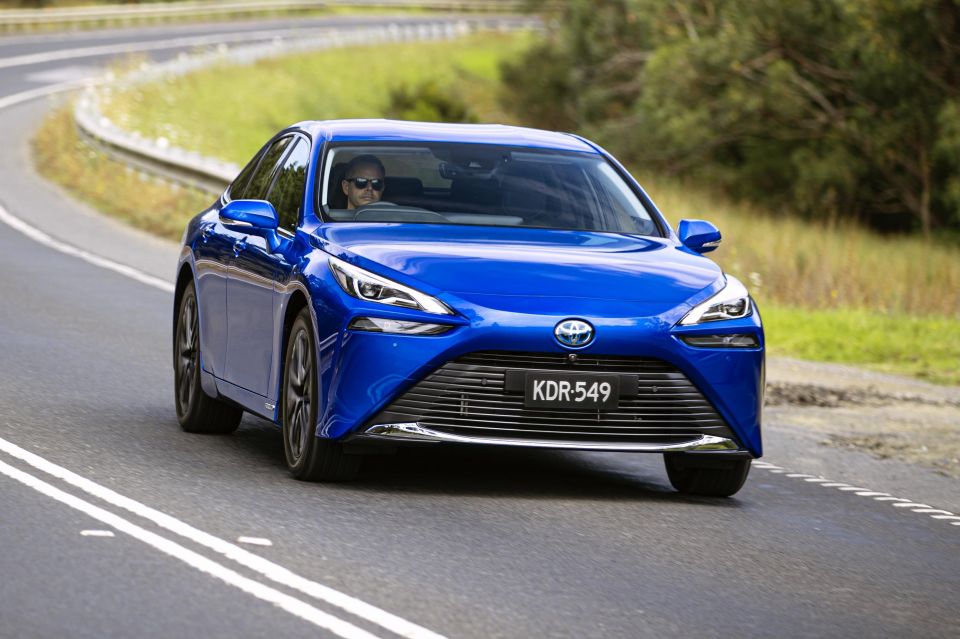
But the company has set a target to sell 8 million electrified vehicles globally in 2030.
Toyota also claimed that it’s on the way to achieve its goal of carbon neutrality by 2050.
In Australia, Toyota currently offers a variety of electrified vehicles in the form of its ever-growing hybrid lineup, and the hydrogen fuel-cell (FCEV) Mirai.
Where expert car reviews meet expert car buying – CarExpert gives you trusted advice, personalised service and real savings on your next new car.
Jack Quick is an automotive journalist based in Melbourne. Jack studied journalism and photography at Deakin University in Burwood, and previously represented the university in dance nationally. In his spare time, he loves to pump Charli XCX and play a bit of Grand Theft Auto. He’s also the proud owner of a blue, manual 2020 Suzuki Jimny.


Max Davies
6 Days Ago
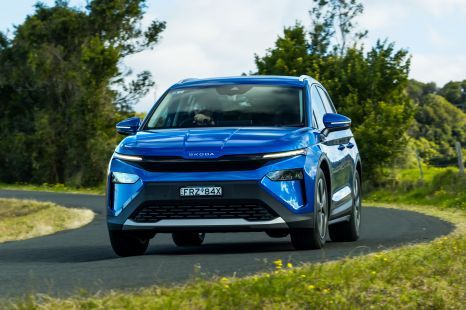

Josh Nevett
4 Days Ago
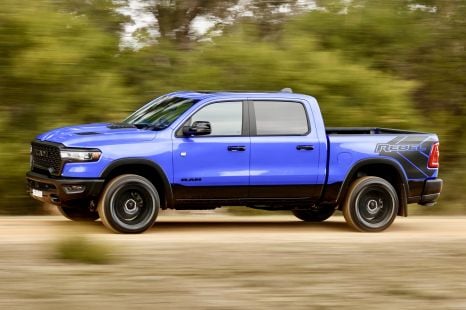

Max Davies
4 Days Ago
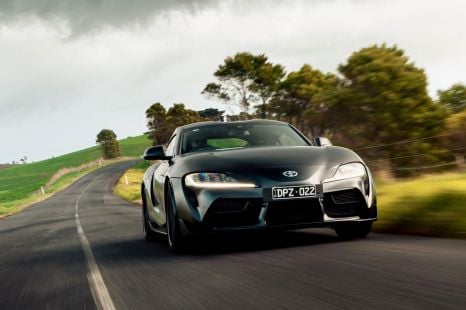

Max Davies
3 Days Ago
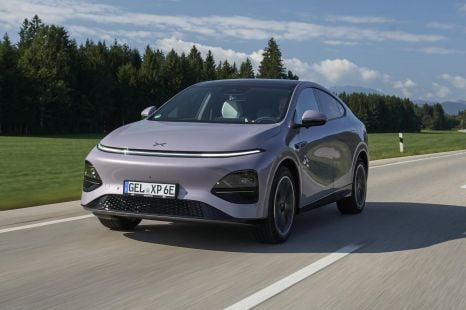

Neil Briscoe
2 Days Ago
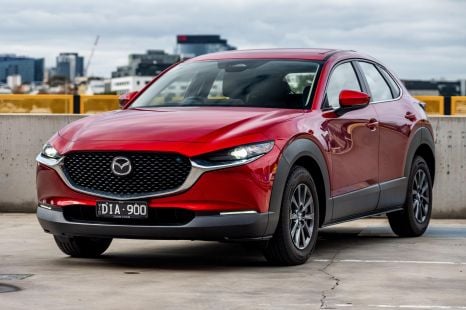

Max Davies
1 Day Ago